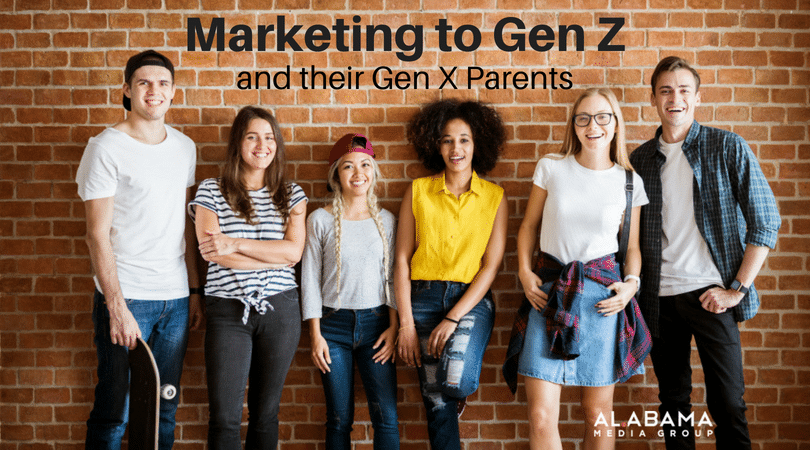A vaccine booster is the injection of an additional dose, intended to maintain immune protection against a given pathogen. The process is common because our immunity can weaken over time quite naturally. The vaccine injected during the booster is often identical to the first. But not necessarily as when the targeted virus is known to evolve rapidly, its vaccine must be modified regularly in order to adapt to it. A sign of the need for a booster would be the growing epidemic among those vaccinated. For now, vaccines remain largely effective, but the exact level of individual immunity they provide is still being evaluated.
To assess immunity, the researchers are looking in particular at certain antibodies induced by vaccines: those which recognise the Spike protein, allowing the coronavirus to enter cells, and which would be of major importance.
In support of this idea, a study showing that mRNA vaccines (Pfizer and Moderna), which appear to be the most effective, generate a higher level of antibodies in the blood than adenovirus vaccines (Johnson & Johnson and AstraZeneca ). A preliminary study also suggests that the level of anti-Spike antibodies would be lower in former Covid-19 patients, including after injection of the AstraZeneca vaccine.
But until researchers know for sure how to measure immunity induced by vaccination, the sign to follow as to the need for a booster will be, as noted previously, the evolution of the number of infections in people who have been vaccinated especially after a certain age; in fact, after 80 years of age, vaccination leads to a lower production of antibodies and therefore an immunity which could possibly decline more rapidly than in the general population. The elderly may also be more susceptible to the new variants
Meanwhile, Britain announced to offer COVID-19 booster vaccines to 32 million Britons starting early next month with up to 2,000 pharmacies set to deliver the programme, The Telegraph reported on Sunday.
The government has been preparing since at least June, when the Joint Committee on Vaccination and Immunization (JCVI) called for a plan to offer the third shot to people 70 years old or older, care home residents and those who are vulnerable for health reasons.
As per the government figures, at least 90% of British adults have received at least one shot, but that rate falls to 60% for those 18-30 years old.
To encourage younger adults to get vaccinated before colder weather prompts people to spend more time indoors, the Department of Health and Social Care said that restaurants, food delivery services and ride-hailing apps are offering discounts to persuade people to be vaccinated.
Health Secretary Sajid Javid said, according to the Associated Press, “The lifesaving vaccines not only protect you, your loved ones and your community, but they are helping to bring us back together by allowing you to get back to doing the things you’ve missed.”
The campaign could start as soon as September 6, which would see the rollout completed by early December if it goes to plan, the report added.


